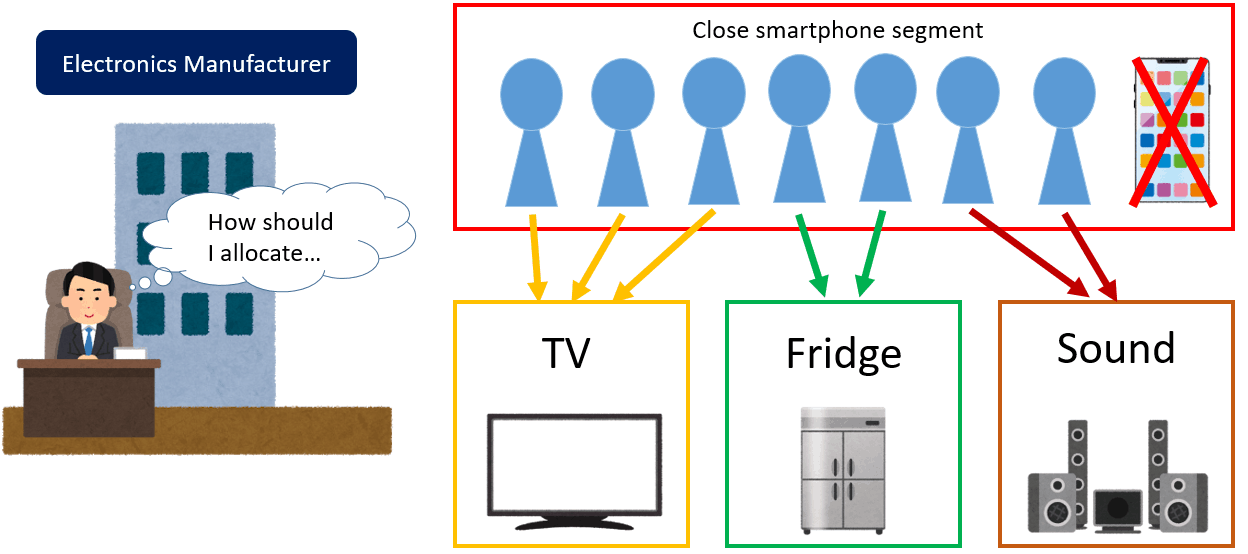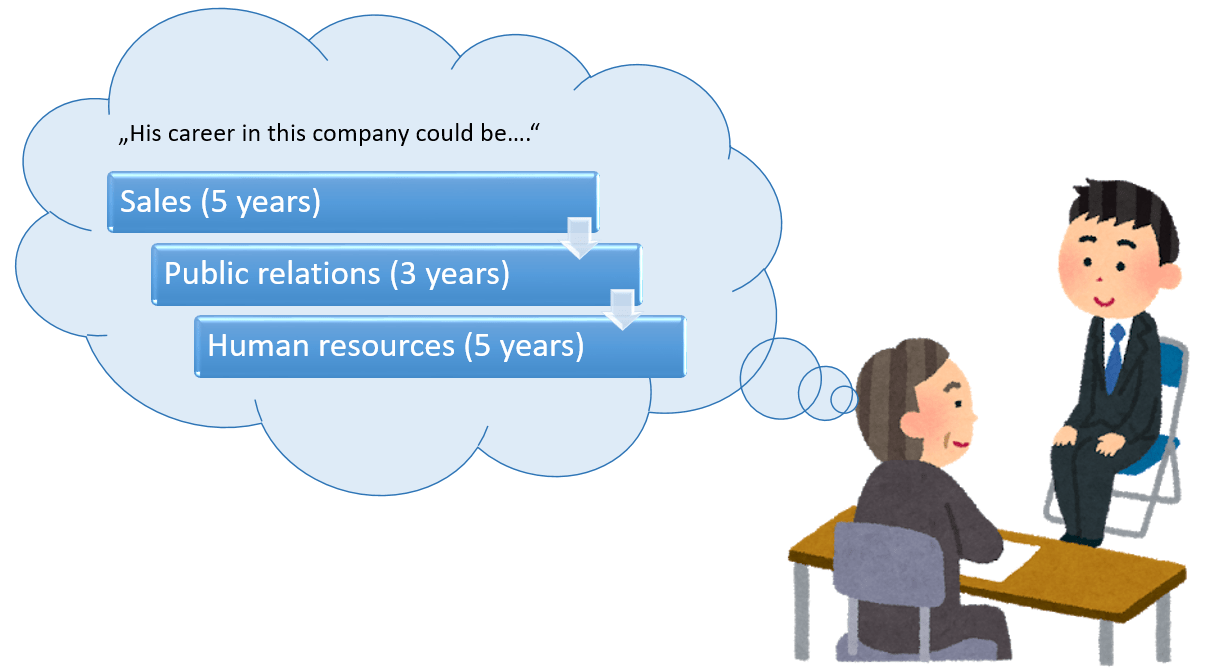Is it good to work in Japanese company? Workplace is really important to have good quality of life as you spend regularly 8 hours a day in the office. So this can only be positive to know pros and cons before you start to work for Japanese company.
I’m from Japan and working for Japanese companies for more than 6 years. Through my experience from exchanging with many non-Japanese colleagues from different Japanese companies, I will summarize pros and cons.
Working for Japanese company: pros and cons
Pros
You can’t be fired easily.
Even 2020 we still have lifetime employment system in many companies. If you have gotten know Japanese businessman before, they might had introduced you: “I work for this company since 20 years”. This is exactly the proof of lifetime employment system which simultaneously means that you can’t be fired easily.
For example, the sales result of your segment is making minus profit since 5 years. The management has decided to close the segment. What will happen to you? You will move to one of the other segments and get a different post.
So the management actually can’t consider to fire the people in the segment even though they want to close it.

You can experience several different posts and positions
“Job rotation” is one of the basic word for Japanese. Once we enter a company, everyone has got possibility to experience several different posts. One example for you. A company took me as a sales. But in the job interview, I was asked about my skills of web marketing and SEO knowledge as I had worked in social media department in the past.
So the company is already seeing in the job interview which post they could give to me after sales. This is all due to “job rotation” and “lifetime employment system”. So positively said, you can be an all-rounder.
 Subsidiaries not located in Japan will follow local customs regarding this topic.
Subsidiaries not located in Japan will follow local customs regarding this topic.
Aging increase your monthly salary
In U.S.A. or Europe what would you have to do if you want to increase your salary? Usually there are 3 ways: 1) promoted, 2) realize really good result, 3) change job. These 3 ways will work in Japan as well. But in the case of the company that adopts the “age-based wage system”, the wage is determined by taking into account not only the “job-performance-linked” but also “age-linked” and “Seniority-linked wages”.
- Job-performance-linked wages
- Age-linked wages
- Seniority-linked wages (The longer you work, the more you will get)
The wage system represents a company’s personnel policy. The adoption of the seniority-linked wage system implies that you can work with peace of mind over the long term.
Subsidiaries not located in Japan will follow local customs regarding this topic.
Rent and transportation costs are often supported
It is quite common for daily transportation costs to be covered by the company. There are often support system for your accommodation. For example, if you live far away and need 2 hours to reach the office, the company allows you to move closer place and you get half rent supported. Of course there is a limit for rent. But this is absolutely big support for employee.
Subsidiaries not located in Japan will follow local customs regarding this topic.
Cons
Long working time
Summarizing my all experiences, to leave the office at 7:00 pm is quite common. Depending on seasons, leaving office at 10:00 pm can easily happen, too. If you work for a Japanese subsidiaries located out of Japan, then local customs are respected in many cases.
Japanese can be spoken during meeting
Even subsidiaries located in Europe, Japanese can be partially spoken during the meeting. If this happens many times, you might feel frustrated. My colleagues feel stress because of this problem at least. The reason is that for most of Japanese it is not easy to understand the topics deeply in English. They need to be reported in their mother tongue. Even the majority of the participant in the meeting are non-Japanese speaker, they start speaking in Japanese.
Because in many cases, representatives are dispatched from the HQ to subsidiaries, and the representatives and the Japanese CEO have higher positions, so their understanding is regarded as the highest priority.
Strong hierarchy
Respecting and maintaining hierarchical relationships will play a role when you enter a Japanese company. This importance of hierarchy is based in the social ethics of Confucianism. I will give you some examples below:

Some of those are the same for other culture, too. But the relationships between customer and Vendor as well as Senior and Junior must be unique for you. This hierarchy is considered in many situations such as “where to sit in a meeting room, Taxi and restaurant”, “how to exchange your business card” or “the way you talk”. You might feel this is stressful.
Summary
Pros and cons are two sides of the same coin. And you might perceive the above points differently from mine. It is at the end depending on your values and priority. There are still many rules and interesting culture which will help you for a decision whether you work for Japanese company or not.
You can read this article if you want to know about realities of Japanese businessman.




















